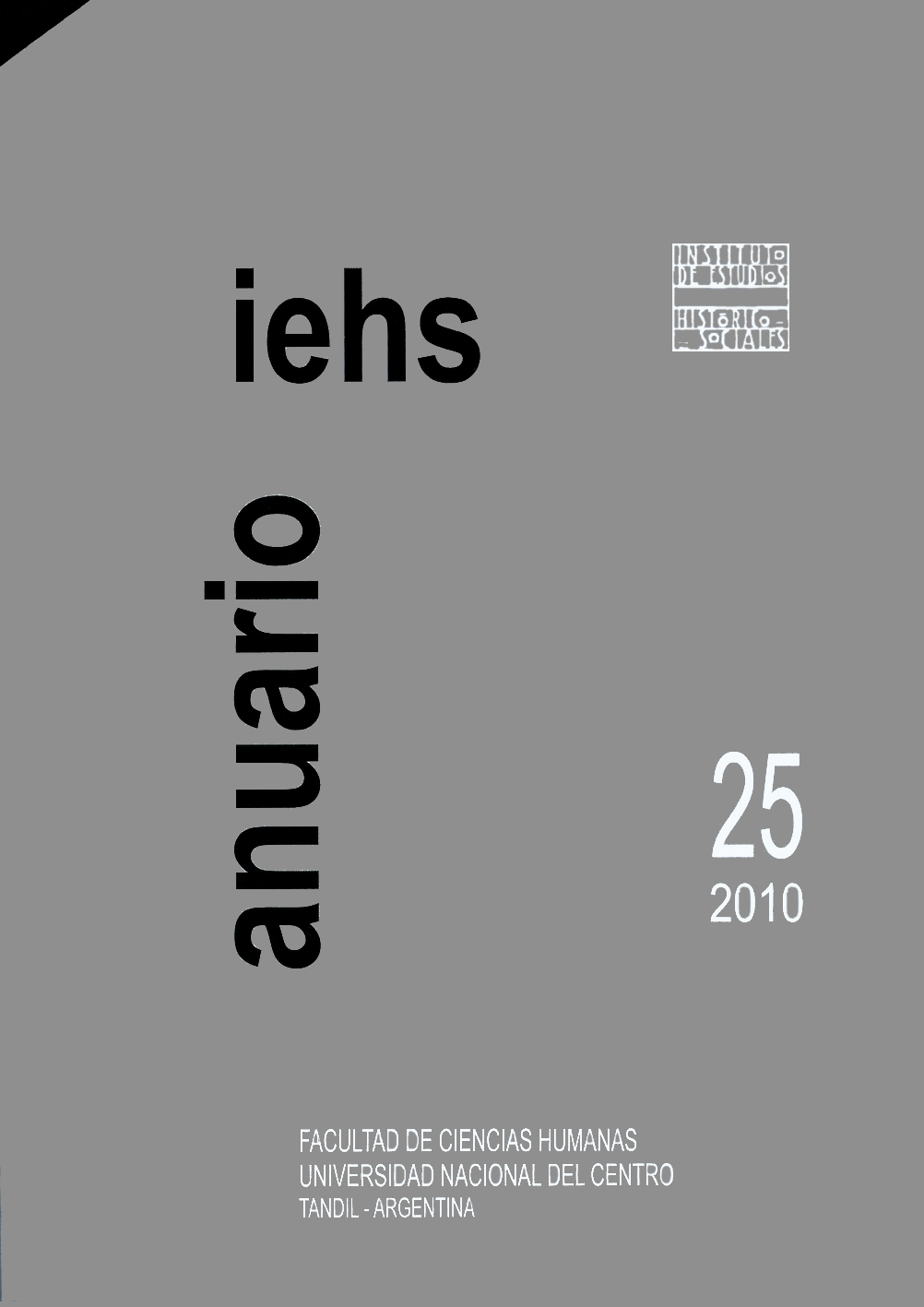Las tramas de la acción política: crisis fiscal, tolerancia comercial y construcción institucional (Buenos Aires, 1809)
Keywords:
Political Action, Commercial Tolerance, Social Configurations, Fiscal Crisis, Time DependenceAbstract
The present article analyses the historical conditions in which the commercial exchange with British citizens was approved by the Spanish Crown in a context of fiscal crisis as a prelude to the revolutionary process. Starting with a criticism to certain historical reconstructions, the aim of this text is to explain how decisions to solve the fiscal crisis were made in the corporate articulations between agents belonging to the monarchy and members of the commercial elite. These exchanges were at the center of a complex dynamic where social hierarchies, the political order and economic institutions influenced each other. The measures adopted by the Junta de Hacienda (livestock board) and the Consulado de Comercio (commercial consulate) answered less to a supposed rationality of the actors involved than to a sort of dominant juridical culture. The adhesion to shared value and action systems resulted from intricate negotiations and interactions within a specific social network. In this way, we tried to unveil the complex conflicts and the uncertain resolutions that pervaded the colonial relational space and its concomitant institutions. Such actions gave way to institutional effects and innovations that were not present in the aims and in the languages in which they were expressed.
References
.
Downloads
Published
Issue
Section
License
Copyright (c) 2024 Anuario IEHS

This work is licensed under a Creative Commons Attribution-NonCommercial 4.0 International License.



